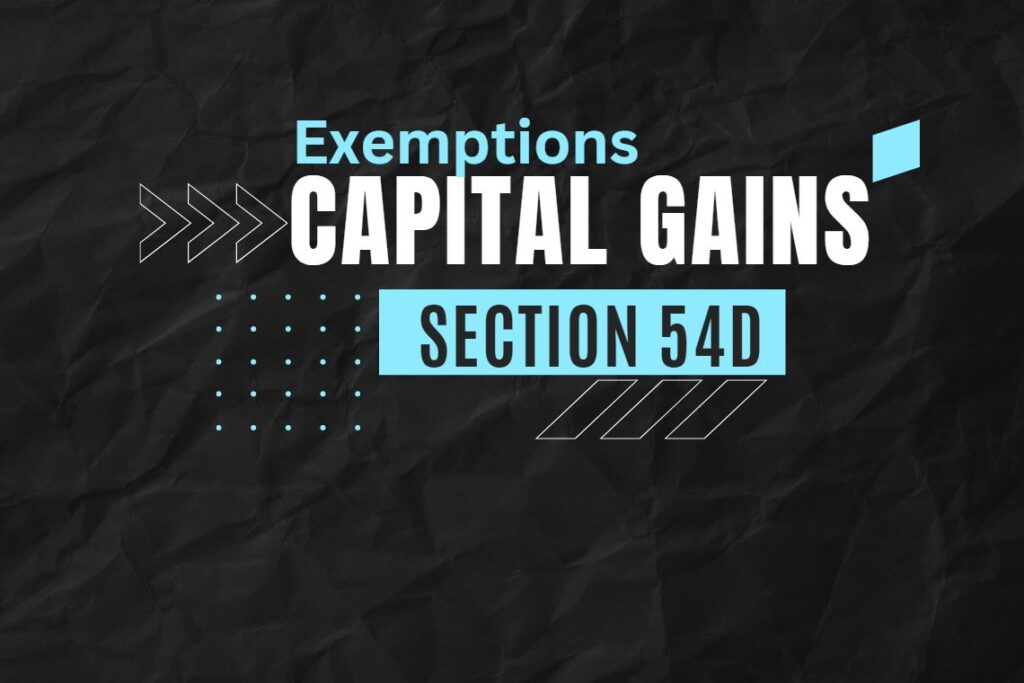Under the Income Tax Act, 1961, certain transactions involving capital assets are excluded from the definition of “transfer”, meaning no capital gains tax applies. These exemptions are covered under Sections 46 and 47.
1. Key Exemptions Under Section 47
The following transactions do not qualify as “transfer” and thus do not attract capital gains tax:
A. Transactions Related to Companies
| SECTION | TRANSACTION | CONDITION |
| 47(iv) | Distribution of assets on liquidation | Shareholders receive assets (not treated as transfer by company) |
| 47(v) | Amalgamation/merger | Transfer of assets from amalgamating to amalgamated company |
| 47(vi) | Demerger | Transfer of assets to resulting company |
| 47(via) | Conversion of bonds/debentures into shares | Applies to listed companies |
| 47(xiv) | Transfer of capital asset to LLP | If conditions of Section 47(xiii) are met |
B. Personal & Family Transactions
| SECTION | TRANSACTION | CONDITION |
| 47(i) | Gifts to relatives (spouse, children, siblings, etc.) | Must be genuine (no monetary consideration) |
| 47(ii) | Partition of HUF property | Among family members |
| 47(iii) | Transfer under will/inheritance | No tax on inheritance (only on subsequent sale) |
C. Other Exempted Transactions
| SECTION | TRANSACTION | CONDITION |
| 47(vii) | Transfer of capital asset to a trust | For revocable trusts |
| 47(x) | Transfer of agricultural land before compulsory acquisition | If compensation is taxable under “Income from Other Sources” |
| 47(xix) | Conversion of a company into an LLP | Must meet Section 47(xiii) conditions |
2. Section 46: Distribution of Assets by a Company in Liquidation
- No capital gains taxon shareholders when a company distributes assets during liquidation.
- Taxable as dividend incomeif the amount exceeds the shareholder’s original investment.
Example:
- A shareholder invested ₹10 lakhin a company.
- On liquidation, receives assets worth ₹15 lakh.
- Taxable as dividend income: ₹5 lakh (₹15L – ₹10L).











